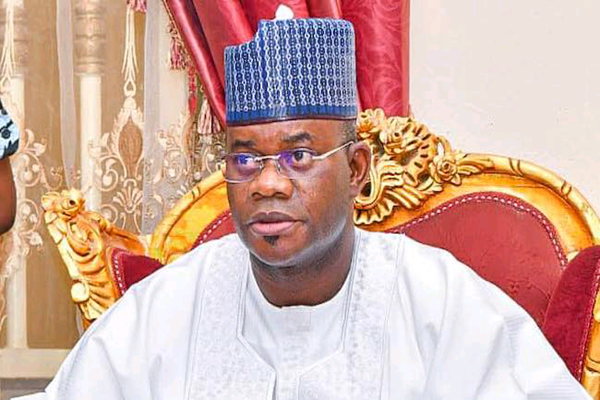An educationist, Dr. Joseph Otuagoma, has called on the Federal Government to honour its agreement with the Academic Staff Union of Universities (ASUU) to put an end to the recurring strike actions that have crippled Nigeria’s higher education system for years.
Speaking to journalists in Lagos, Otuagoma described the constant disruption of the academic calendar as a major factor eroding public confidence in the nation’s universities.
“In Nigeria, if a university doesn’t go on strike for a year, people are surprised,” he said. “A four-year course can easily stretch into six or seven years. These strikes don’t just delay education — they harm students’ mental health and career progress. Many become depressed or fall into bad habits during long strike periods. It’s a national tragedy.”
He urged the government to stop making empty promises whenever ASUU threatens to strike and instead fulfil all previously signed agreements.
“Government must keep its word. Every time ASUU issues a strike notice, new promises are made, yet nothing changes. That cycle has to end,” he insisted.
His comments come shortly after ASUU suspended a two-week warning strike that began on October 13, 2025, following renewed commitments from the Federal Government and the National Assembly to address its demands.
The lecturers have given the government one month to meet their key demands, which include a review of the 2009 ASUU–Federal Government agreement, payment of outstanding salaries and earned allowances, and the release of the university revitalisation fund, among others.
Otuagoma also stressed the need for more funding in education infrastructure, such as laboratories, libraries, and digital classrooms.
“There are computer science students who have never touched a computer,” he lamented. “How can such students compete globally? We can’t produce quality graduates with empty promises and broken systems.”
He criticised the underfunding of public schools but praised private institutions for filling part of the educational gap.
“Private schools have come to stay,” he said. “Even those who dislike them can’t change that fact because government funding for education is simply not enough. In some public schools, one teacher handles multiple subjects. In rural areas, many schools rely on corps members with little passion for teaching.”
Read Also;
ASUU suspends two-week warning strike
Otuagoma concluded by urging Nigeria to treat education as a national emergency.
“No nation can rise above the quality of its education system,” he said. “If we keep neglecting education, we’ll keep producing half-baked graduates. But if we invest in teachers, infrastructure, and innovation, the transformation will be clear for all to see.
“What private schools have shown us is that quality education is possible with focus and accountability. Now it’s time for the government to do the same.”




